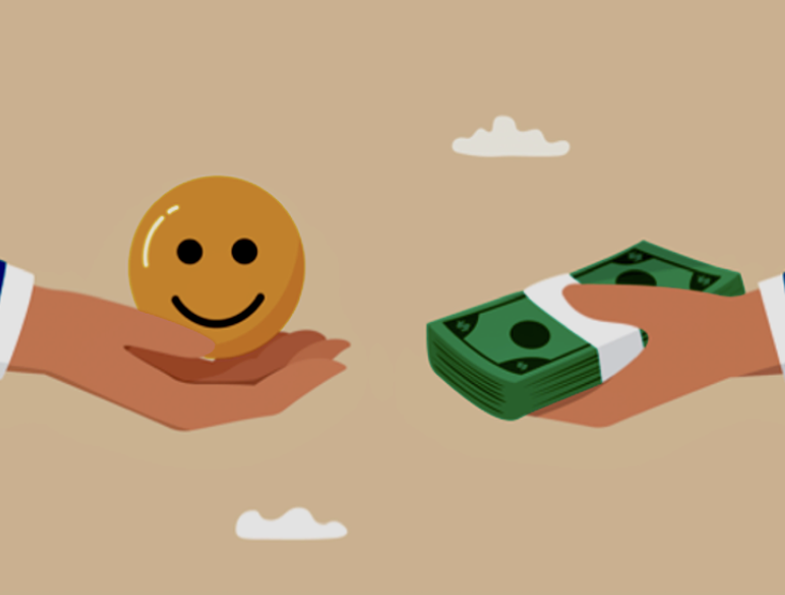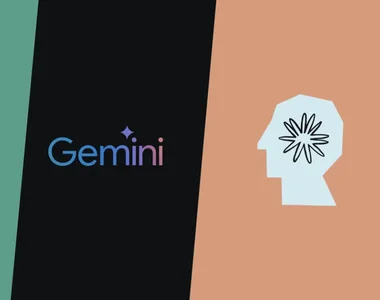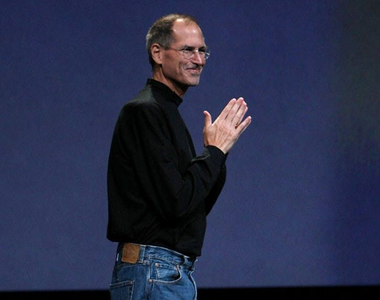
The short answer? Yes! Money can buy happiness.
The long answer? A new study conducted at Wharton University, Pennsylvania, found that there is a positive relationship between money and happiness. Matt Killingsworth, "tracked" happiness in his research project trackyourhappiness.org, where he sampled 33,269 employed American adults, ages 18-65, with an income of at least $10,000/year, who responded to questions related to the "pleasures of life".
Killingsworth also used data from millionaires and billionaires, which are often missing, or very difficult to obtain. For this, the study has a reason: "Maybe rich people are not inclined to spend their free time doing surveys" and in fact, it makes sense.
The data showed that the happiness gap between wealthy and middle-income participants was wider than between middle- and low-income participants. The new study found that wealthy individuals were "substantially and statistically happier than people earning over $500,000 a year."
Killingsworth told the Guardian that he was very surprised by the gap in overall change between people who enjoy wealth and those on lower incomes.
"Money is only one of many things that matter for happiness, and a small difference in income tends to be associated with fairly small differences in happiness," Killingsworth said, adding, "But if differences in income/wealth are very large, the differences in happiness can also be much larger."
So why can rich people be happier?
The answer, we believe, is clear, but there is also a psychological explanation. Killingsworth explained that when you have wealth, you have a greater sense of control in your life, and this can explain about 75% of the pre-happiness relationship.
"I think a lot of people who have money are in control of their lives and have more freedom to live the life they want to live."
Killingsworth said his interest in studying happiness stems from a desire to understand how to make life better: "Ironically, part of the reason I'm so interested in happiness is because only money, (which we already motivated enough to follow through) are only a small part of the overall equation for happiness. So part of the reason I study happiness is to expand our horizons beyond things like money.”
He added: “What would we do differently if we took happiness seriously? As individuals, families, organizations and society? It's a long-term question and not one that we're going to have a perfect answer to right away."





